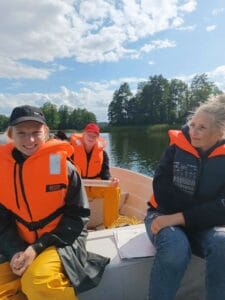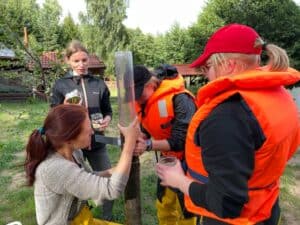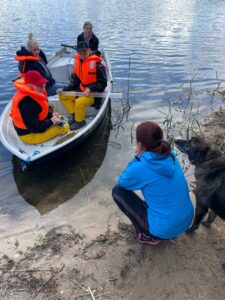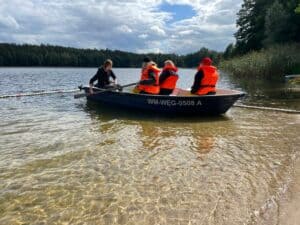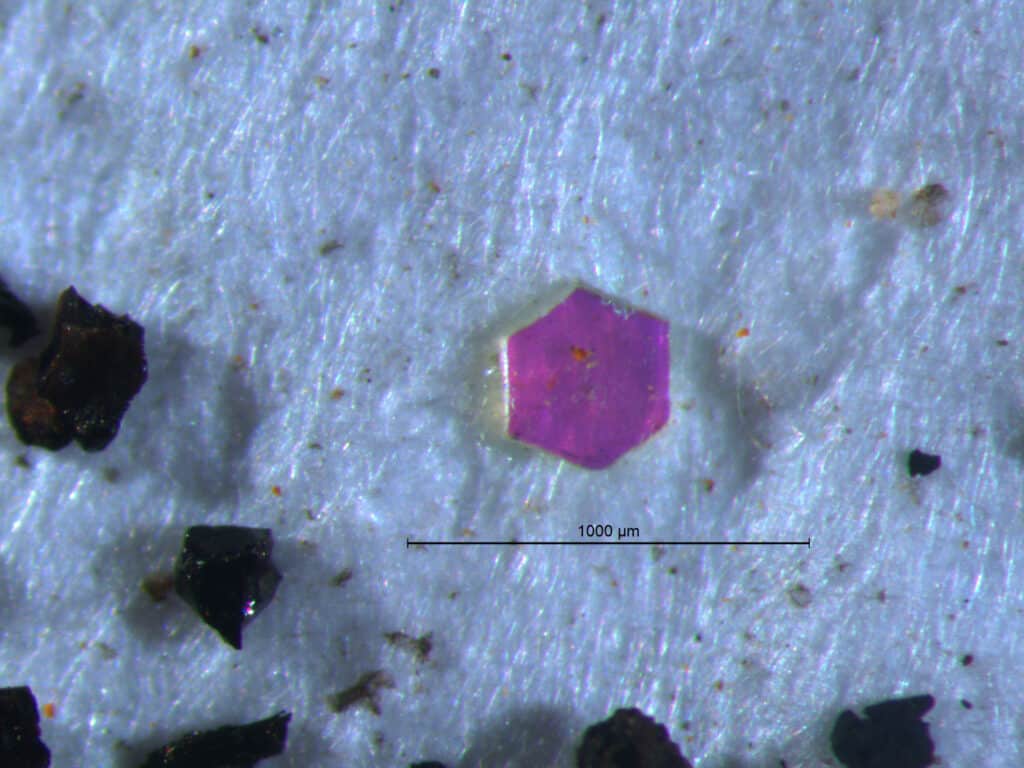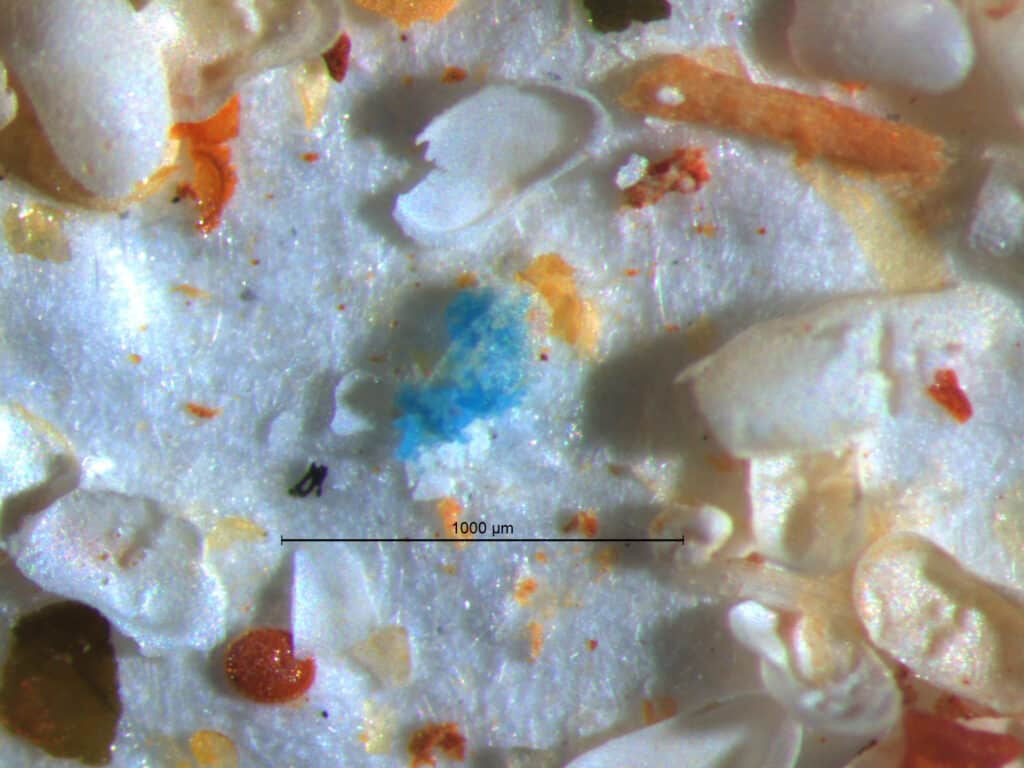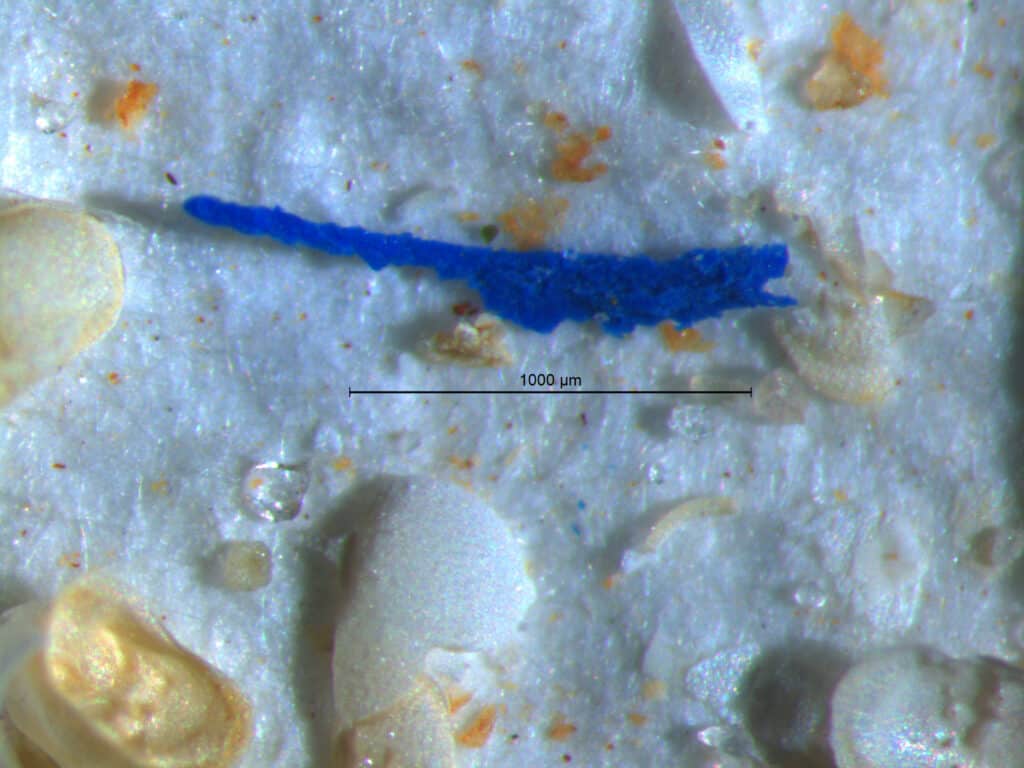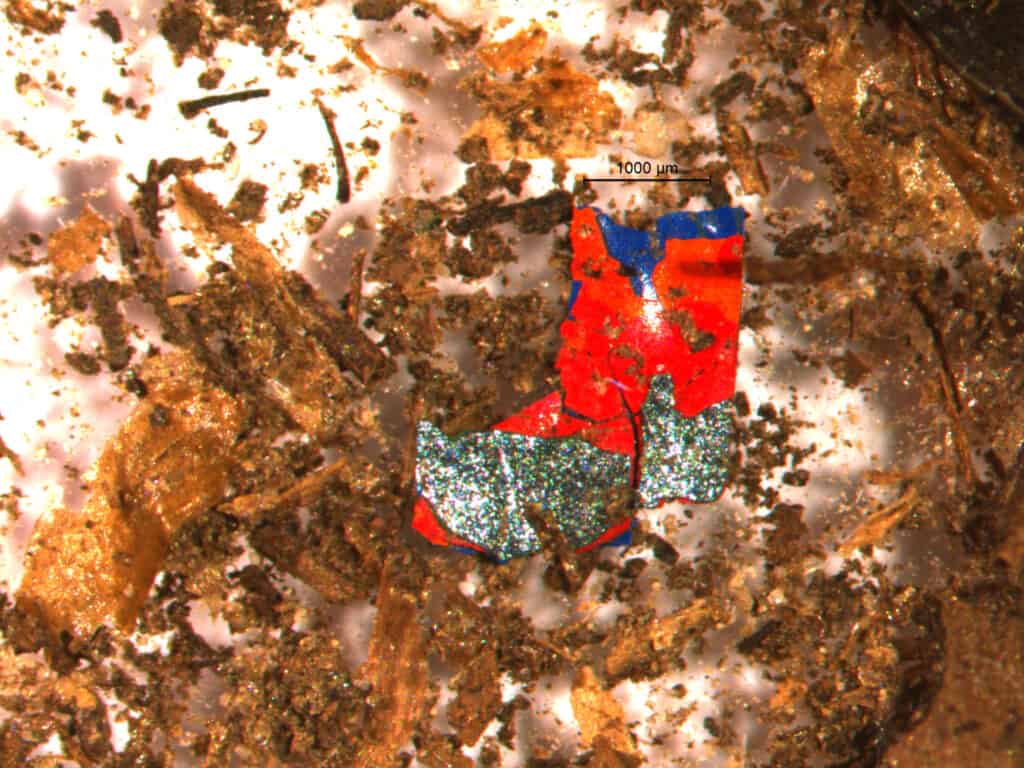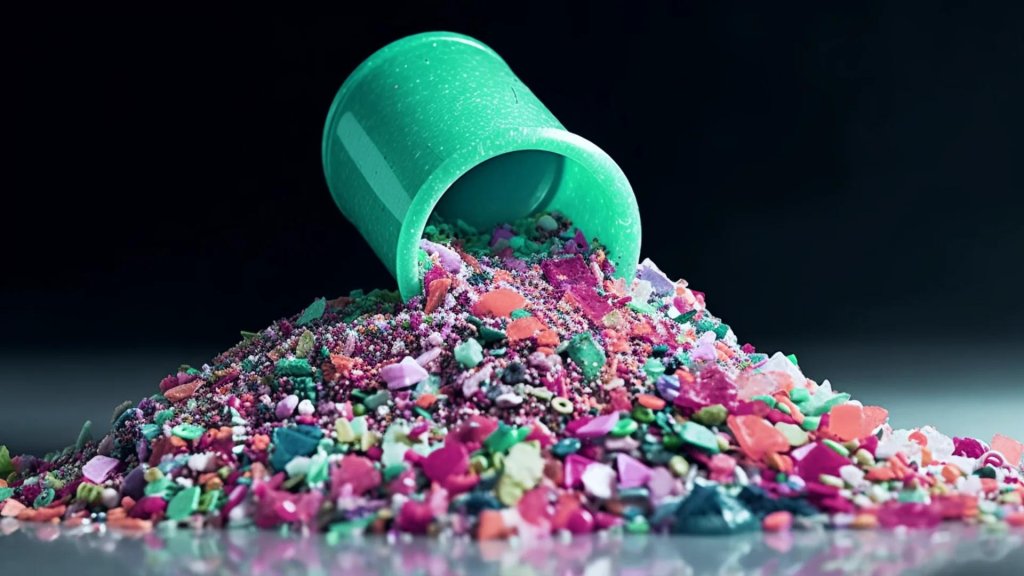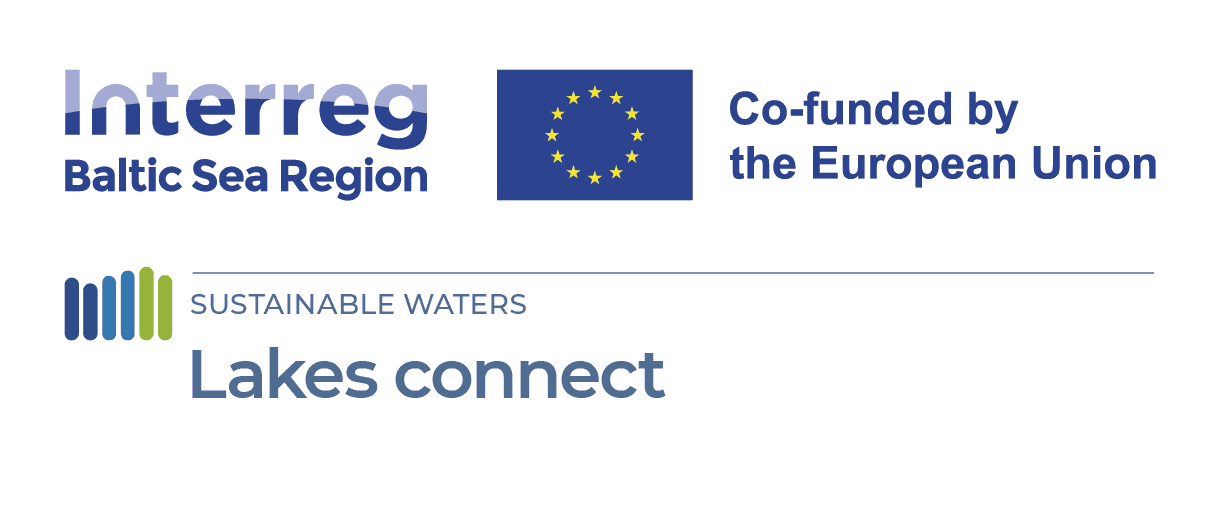
The Double-Edged Sword of Plastic Recycling
19 March 2024
On the 18th of March, established in 2018 with the aim of promoting the benefits of recycling – namely, the recovery of resources from waste. This ecological holiday not only aims to increase awareness of the importance of recycling but also to encourage reflection on responsible management of natural resources in everyday life. As part of the Interreg Lakes Connect project, we focus on the issue of microplastic pollution, especially in the context of lake contamination.
Plastic recycling has long been hailed as a crucial solution in our battle against environmental degradation. It’s a process that offers hope, promising to give discarded plastic products a new life rather than letting them languish in landfills or pollute our oceans. However, beneath the surface of this seemingly noble endeavor lies a complex and somewhat paradoxical issue: the generation of microplastics.
The impact of microplastics on ecosystems
Microplastics, defined as pieces smaller than 5 millimeters, have become a ubiquitous presence in our ecosystems. They’re found in the air we breathe, the water we drink, and the food we eat. Their impact on marine life, wildlife, and potentially human health is a growing concern. These minuscule particles can attract and concentrate harmful pollutants, making their way up the food chain and posing a threat to entire ecosystems.
Photo: Microplastic particles found during the Interreg Lakes Connect pilot project
Challenges and the need for a comprehensive approach
So, where does this leave us in the debate on plastic recycling? It’s undeniably a crucial part of the solution, as it helps reduce the demand for new plastic production and keeps vast amounts of waste out of landfills. However, we must also acknowledge its unintended consequence: the proliferation of microplastics
This realization calls for a more holistic approach to our plastic use and disposal. We need to prioritize reducing single-use plastics, improving the design of plastic products for easier recycling, and investing in research for more effective recycling methods. Additionally, consumers can play a significant role by making informed choices, supporting businesses that prioritize sustainable packaging, and advocating for policies that promote a circular economy.
The role of recycling in combating pollution
In the battle against plastic pollution, the role of recycling is both essential and complex. It’s a double-edged sword that requires us to tread carefully, balancing the benefits of waste reduction with the risks of microplastic proliferation. Only through a multifaceted approach can we truly address the plastic problem and safeguard our planet for future generations.
Source: Thred. https://thred.com/change/study-shows-recycling-can-release-huge-quantities-of-microplastics/
The Interreg Lakes Connect
The Interreg Baltic Sea Region Lakes Connect project aims to build a network of contacts between various institutions, including scientific ones, to effectively address issues related to pollution in lake waters, including the problem of microplastics, especially in the context of tourist use of lakes. Together with 4 partners from Lithuania, Latvia, and Poland, we aim to find solutions to minimize the impact of tourism on the cleanliness of lakes.





